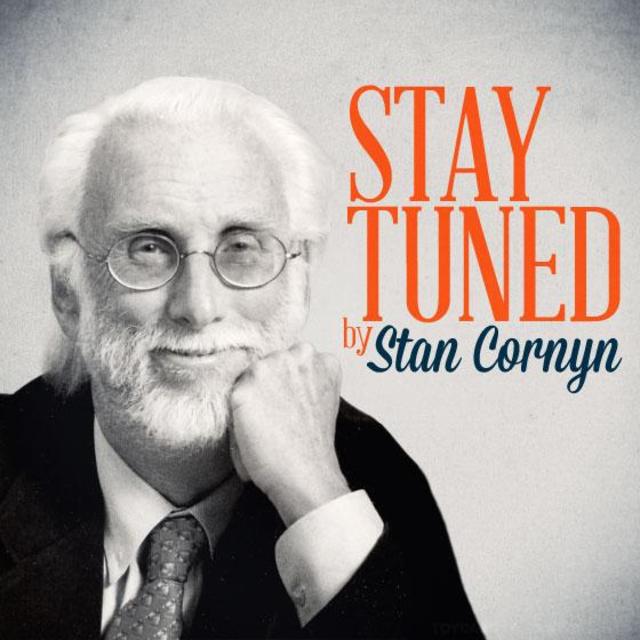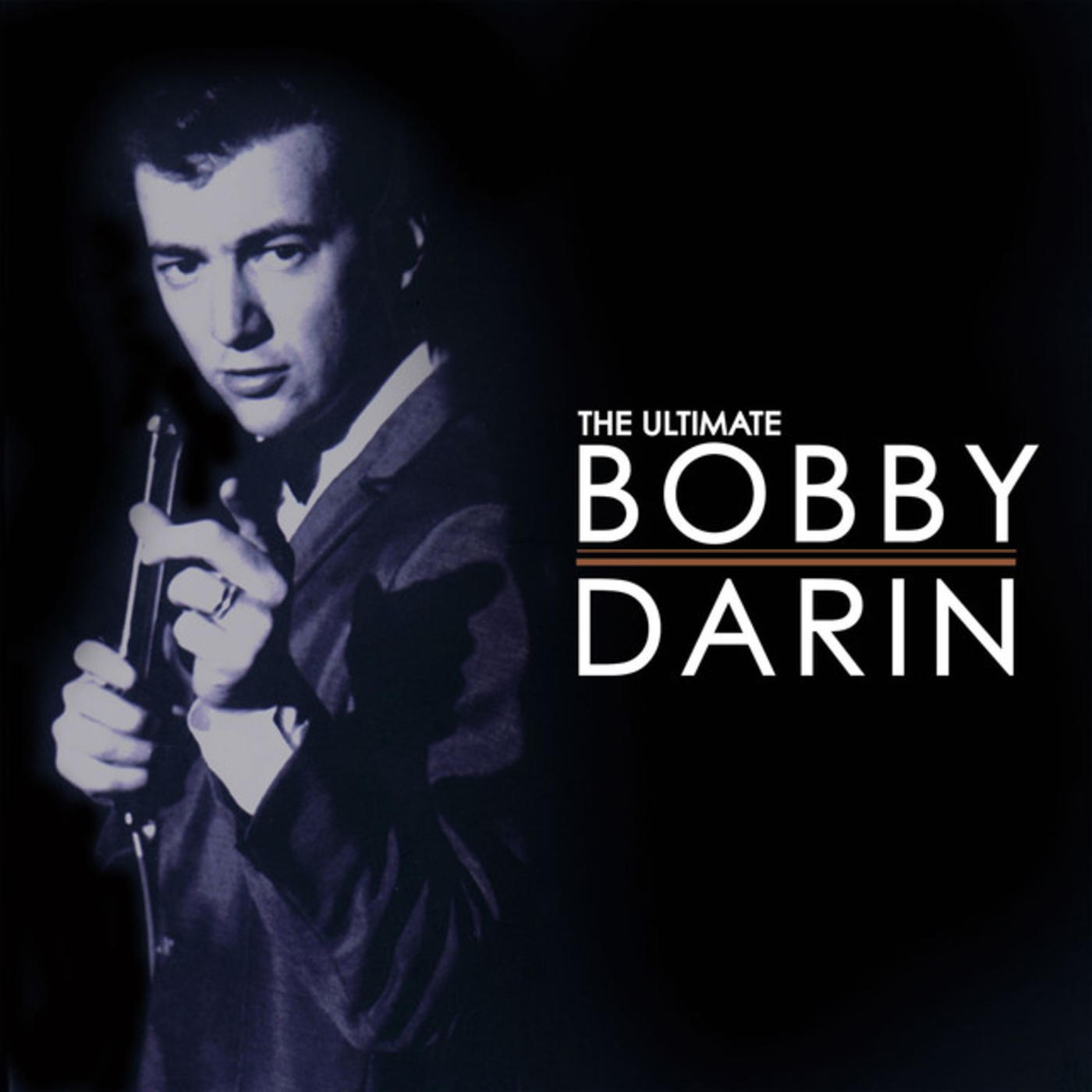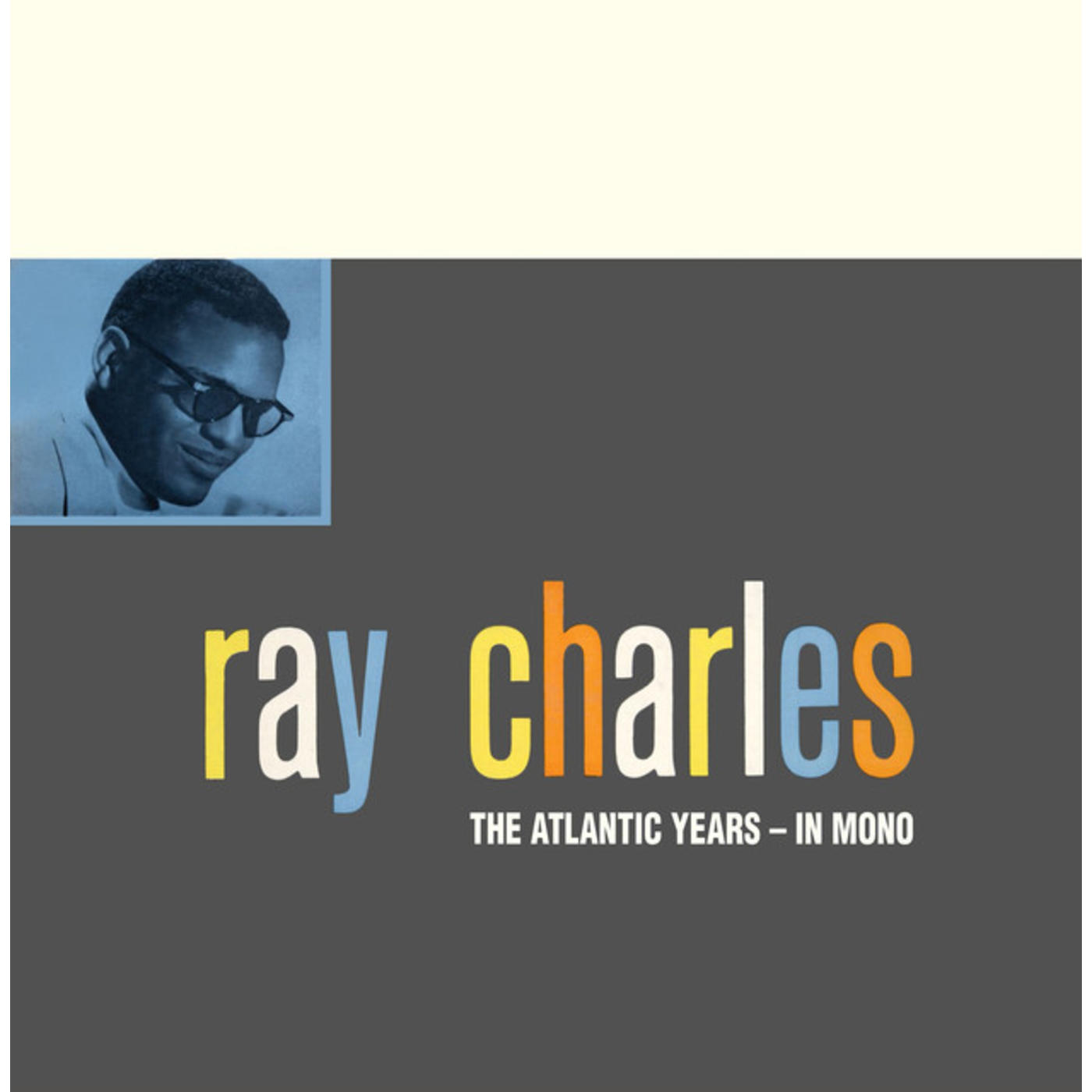Stay Tuned By Stan Cornyn: Atlantic Spreads Up

Every Tuesday and Thursday, former Warner Bros. Records executive and industry insider Stan Cornyn ruminates on the past, present, and future of the music business.
Herb Abramson’s unexpected return to New York from Germany’s Army Dental Office set all parties off balance. It was April of ’55, and Herb’s marriage to Miriam had sunk off the map, in full flounder. Arriving back in New York with a pregnant German girlfriend had made that utterly clear. Miriam and Herb would be divorcing. Since his return to Atlantic, Miriam spoke to Herb less than zero, in the office or out.
Neither was the rest of Atlantic prepared for the return of “President Herb.” Jerry Wexler sat pat in the second management chair. Jerry was now a share-holder, a music maven, and active producer.
And the company’s business attitude had shifted from two years ago, when it was all R&B everything. Now, expansion had filled the label’s chairs to overflow.
Ahmet’s older brother, Nesuhi Ertegun, had joined the company just three months earlier, there to handle jazz and album production. So those areas were filled, too.
So: What to do with Herb? As Miriam made clear-as-a-Miriam to Ahmet, “He’s your problem.”
Atlantic now hummed along on three cylinders (Jerry, Ahmet, and Nesuhi).
1955 at Atlantic
Atlantic’s “under contract” artists approach was paying off. Hit songs were found for and by them. Cash-from-singles resulted, faster than Miriam could count:
Ruth Brown: “I Can See Everybody’s Baby,” “As Long as I’m Moving”
LaVern Baker: “Tweedlee-Dee,” “Bop-Ting-a-Ling,” “Play It Fair,” “That’s All I Need”
Tweedlee dee tweedlee dee
Give it up give it up
Give your love to me
Tweedlee dot tweedlee dot
Gimme gimme gimme gimme
Gimme all the love you got
Hump-be-ump-bump-bump
Ray Charles: “I’ve Got a Woman”/”Come Back,” “A Fool for You”
The Drifters: “Ruby Baby”
Clyde McPhatter: “Love Has Joined Us Together”
The Robins: “Smokey Joe’s Café”
Joe Turner: “Flip, Flop and Fly,” “Hide and Seek”
Nesuhi’s Two New Jobs
As his team-mate at Atlantic, Jerry Wexler, once put it, the arrival of Nesuhi Ertegun “was one of the great moves that really elevated Atlantic into an all-around, eclectic record company.”
Like Ahmet, Nesuhi was a class act.
Much earlier (the 1930s) Nesuhi Ertegun had studied for his Ph.D in philosophy at the Sorbonne, until Paris was interrupted by World War II. So, Nesuhi to America. California called.
There, Nesuhi became a jazz man: a lover of, producer of, and seller of. He’d been into jazz for years, through his first marriages. He had his own jazz record store. Eventually, Nesuhi got courted to become a partner in Imperial Records. Hearing of that, Ahmet couldn’t bear the thought of his own brother working for this competitor (Imperial had signed Fats Domino, after all). Upset, Ahmet called his other brother to join him at Atlantic Records. That he did:
And now, at Atlantic, he’d started recording jazz with skinny tall men and round full ladies, musicians who laid down the truth for Atlantic, singin’ and boppin’ jazz, with certainty. His singles got referred to as jazz miracles.
His signings started with West Coast jazz stars: Shorty Rogers, Herbie Mann, Les McCann, Jimmy Giuffre.
Nesuhi’s signings were well-selected: The Modern Jazz Quartet, John Coltrane, Ornette Coleman, Charles Mingus, Rahsaan Roland Kirk.
Of these, the MJQ stood out. They eventually made 20 albums for Atlantic, and, by 1958, Atlantic would become America’s second-largest indy jazz label.
Job Two for Nesuhi: LPs
Although Atlantic had issued experimental 33 1/3 LPs in their beginning (1949), those were basically “let’s see if we can” items, guided through the birth canal by Atlantic’s audio guru, Joel Dorn. The first 12” LP had been scenes from “Romeo and Juliet” spoken by actress Eva Le Gallienne. Hardly any sales.
But by now (1955), LP sales had started to grow an audience for quality records. Nesuhi responded. He and Dorn produced Atlantic’s first real LP was Shorty Rogers’ The Swinging Mr. Rogers.
For LPs, Nesuhi put out well-constructed covers, not the cheap covers found on the major labels’ LPs. Solid white cardboard, coated in plastic to resist stains. Good liner notes with info people found appealing. Often fourteen songs, instead of the usual twelve. On quality vinyl. Nesuhi wanted his Atlantic to be a first class act, at “only” $4.98. (R&B LPs were “only” $3.98.)
Nesuhi Ertegun was intrigued by new tech. He next led Atlantic to release its singles in the new “45” form. So much more handy than those clunk-heavy “78s.” 45s spread fast. By 1956, 45s became the most reached for singles format. By 1956, Atlantic sold 75% of its singles as 45s, a swift change from 1955’s stat, when 78s had sold 45s by two-to-one.
1956-7 Singles, Now 45s at Atlantic
Atlantic’s “under contract” artists once more paid off:
Lavern Baker: “I Can’t Love You Enough,” “Still” and “Jim Dandy”
The Bobbettes: “Mr. Lee”
Ruth Brown: “Lucky Lips”
Ray Charles: “”Down in My Own Tears” and “Hallelujah I Love Her So”’; “Swanee River Rock (“Talkin’ ‘Bout That River”)
Let me tell you 'bout a girl I know
She is my baby and she lives next door
Every mornin' 'fore the sun comes up
She brings me coffee in my favorite cup
That's why I know, yes, I know
Hallelujah, I just love her so
The Clovers: “Love Love Love”
Ivory Joe Hunter: “Since I Met You Baby,” “Empty Arms”
Clyde McPhatter: “Seven Days” and “Treasure of Love,” ”Without Love There Is Nothing,” “Just to Hold My Hand,” and “Long Lonely Nights”
Big Joe Turner: “Corrine, Corrina” and “Lipstick Powder and Paint”
Chuck Willis: “It’s Too Late” and “”Juanita,” “C.C. Rider”
Herb, How ‘Bout You Do … Atco?
A few paragraphs ago, Herb Abramson had walked in to “his” Atlantic, not expecting all those changes: He’d been out of touch while in Germany, out of touch with Nesuhi, jazz, vinyl, Wexler at his desk, sales via white radio and stores, international deals (like with Decca England), and most awkward of all, with Miriam still sitting there... but Herb, he wanted his job back.
Ahmet created an answer: Herb could handle acts that didn’t fit in the rest of Atlantic. For this, Ahmet set up something Herb could do. Atlantic would create a new label, using the first two letters of Atlantic and Corporation.
Herb could run Atco on his own. Artists that didn’t fit elsewhere within Atlantic were shifted to Atco. Dozens of them. Only two reached the surface:
The Coasters:
The group was a descendant of The Robins, who’d done “Smokey’s Joe’s Café” on a small label (Spark Records, created by West Coast songwriters Jerry Leiber and Mike Stoller). Atlantic bought Spark Records in a deal that made Leiber and Stoller America’s first independent record producers.
In Hollywood, they made The Coasters’ “Down in Mexico” (Top Ten R&B), then two-sided hit “Young Bolod”/”Searchin’”. Then “Yakety Yak” (1958), then Atlantic’s first #1 POP single, “Charlie Brown.”
Fe-fe, fi-fi, fo-fo, fum
I smell smoke in the auditorium
Charlie Brown, Charlie Brown
He's a clown, that Charlie Brown
He's gonna get caught
Just you wait and see
(Why's everybody always pickin' on me)
Then “There Goes My Baby,” the first R&B tune recorded with strings of all things. When “There Goes My Baby” came out (1959) it quickly became another #1.
There goes my baby, movin' on down the line
Wonder where, wonder where, wonder where she is bound?
I broke her heart and made her cry
Now I'm alone, so all alone
What can I do, what can I do?
(There goes my baby) Whoa-oh-oh-oh-oh
(There goes my baby) Yeah, yeah, yeah, yeah
(There goes my baby) Whoa-oh-oh-oh
(There she goes) Yeah! (There she goes)
The second Atco hit:
Bobby Darin
Herb Abramson had signed Darin to Atco, then struggled to make hits with him. Darin wrote some of his own songs, eventually one called “Splish Splash,” a song Darin composed in 12 minutes. Abramson refused to record it. Herb was about to drop Darin.
When Darin approached Ahmet, who’d grown fatigued with Atco’s going nowhere releases, Ahmat agreed to record “Splish Splash.” Ahmet produced this one without Abramson.
Recorded multi-track by at Atlantic’s own studios, where Tom Dowd had moved Atlantic into stereo, installing Ampex multitrack recorders.
Well I got out the tub
Put my feet on the floor
I wrapped the towel around me
Then I opened up the door
and then
Splish Splash
I got back in the bath
well how was I to know there
was a party goin on?
“Splish Splash” sold over a million. Via Darin but without Abramson, Atlantic had now located its pathway to all-America’s high schoolers who watched “American Bandstand” across all states. Ahmet was now looking for cash flow artists. Herb had not produced any.
Atco still wasn’t profitable. Ahmet decided he had to conduct the future of Atlantic Records without Herb Abramson. He decided to buy him out. And then buy out Miriam, too. And even buy out that good dentist from Washington, Vahdi Sabit. Get Atlantic down to just the three owners who were making it hum: Ahmet, Nesuhi, and Jerry.
Ahmet started making business deals. To turn little Atlantic Records into a major label. To take on Columbia. With the buy outs, Ahmet could become President of Atlantic, so he could.
-- Stay Tuned
Whatever Happened To:
Miriam Abramson left Atlantic in 1957 and married music publisher Freddy Bienstock. For 52 years. She still held her Atlantic stock, and held it until 1964, knowing that Atlantic would someday need hers if it was ever to be sold outright.
Herb Abramson – After Atlantic, Herb stayed in New York, opened his own recording studio (A-1), and made “sides.” His biggest hit was Tommy Tucker’s “Hi-Heel Sneakers” in 1964. He moved to California in the 80s, and by 1990 was living in a run-down house in Culver City. Crates of yellowing memorabilia from his founding of Atlantic sat in another room. He died at age 82, in 1999, in Henderson, Nevada, survived by his wife, Barbara, three children, and five grandchildren.
Vahdi Sabit. In return for his $10,000 investment in Atlantic, he eventually received between $2.5 and $3 million. He quit dentistry and moved to the French Riviera.


